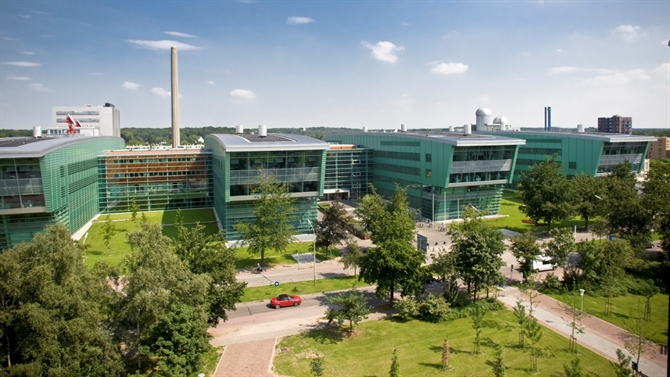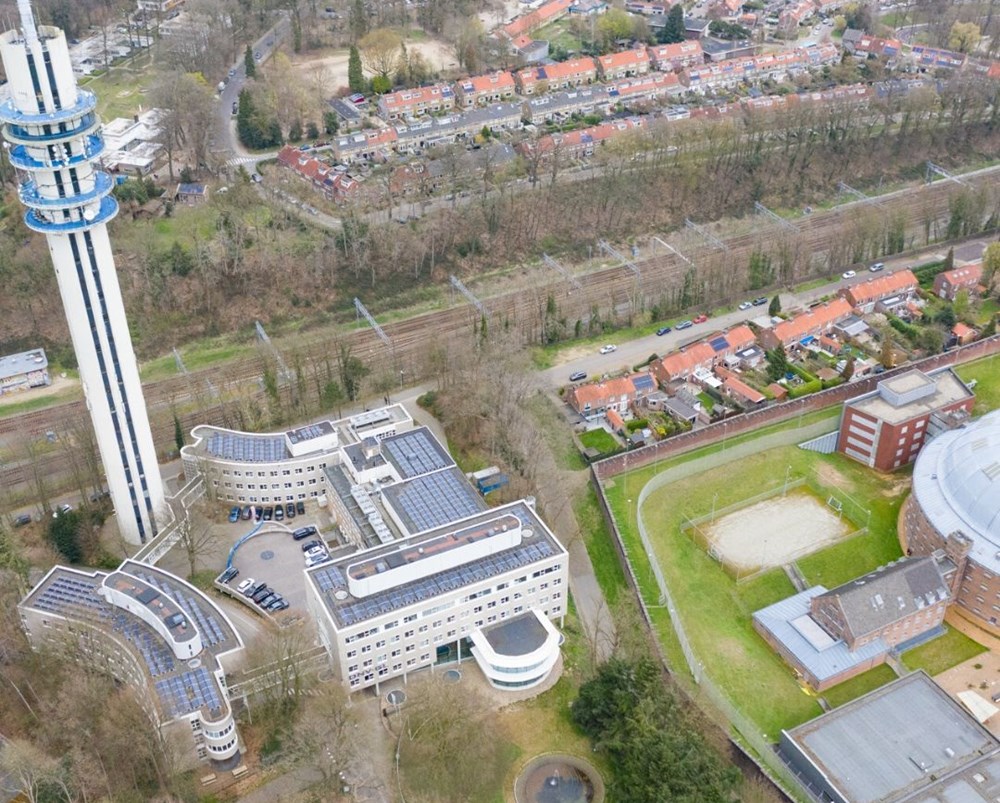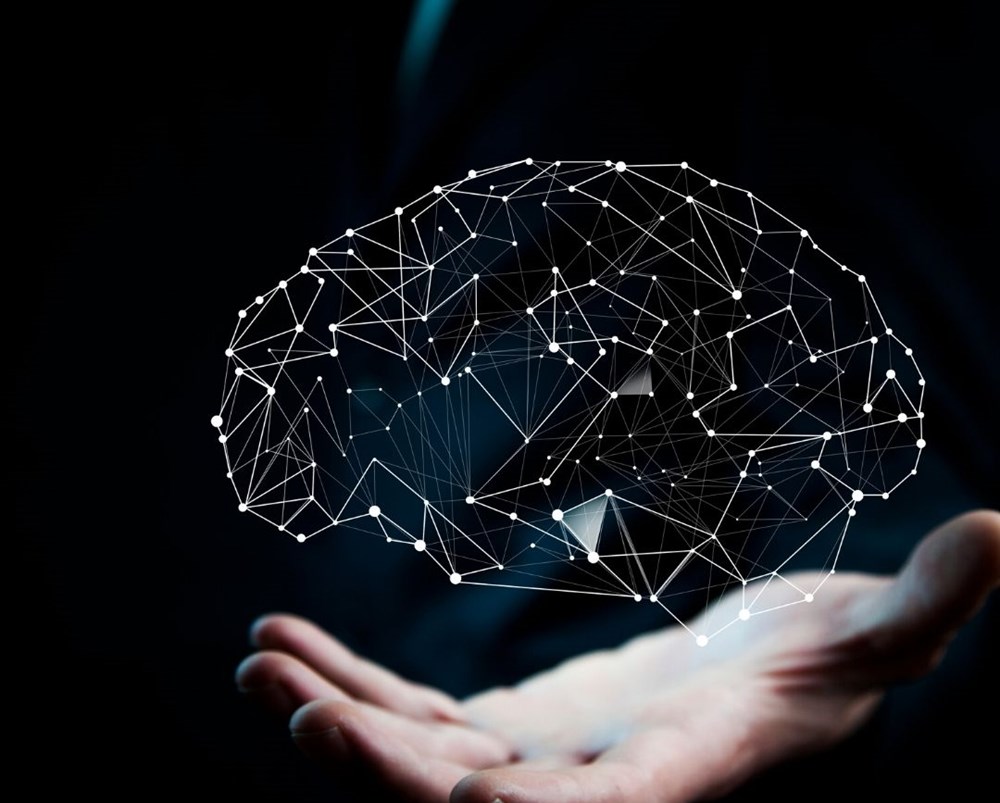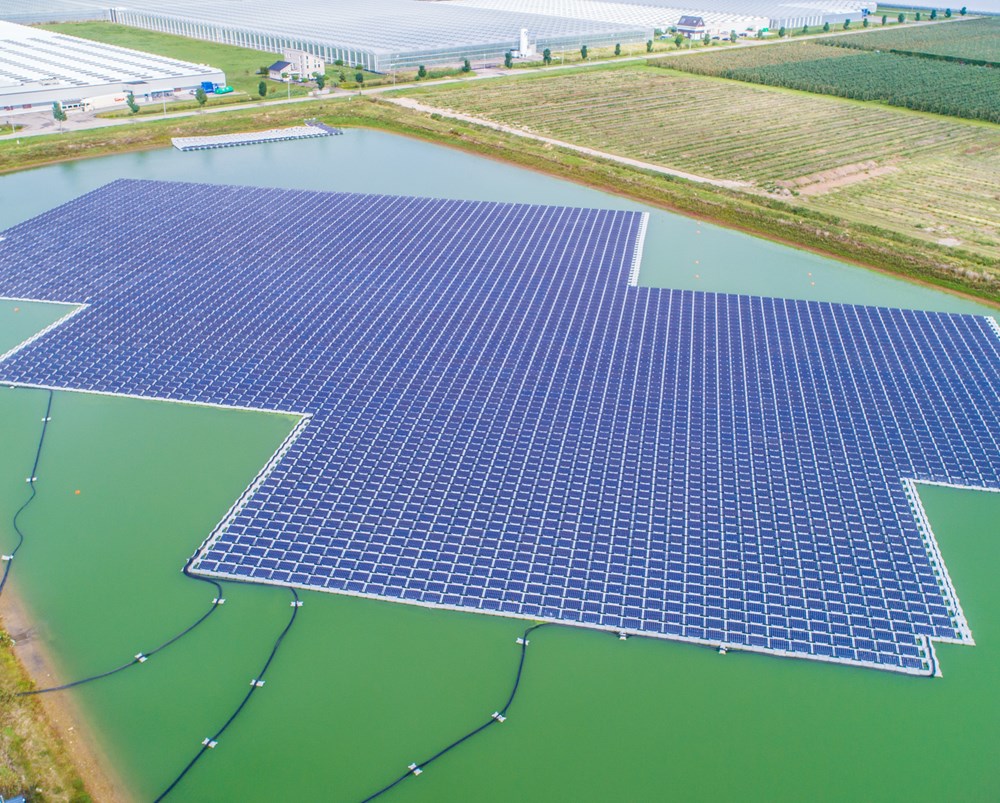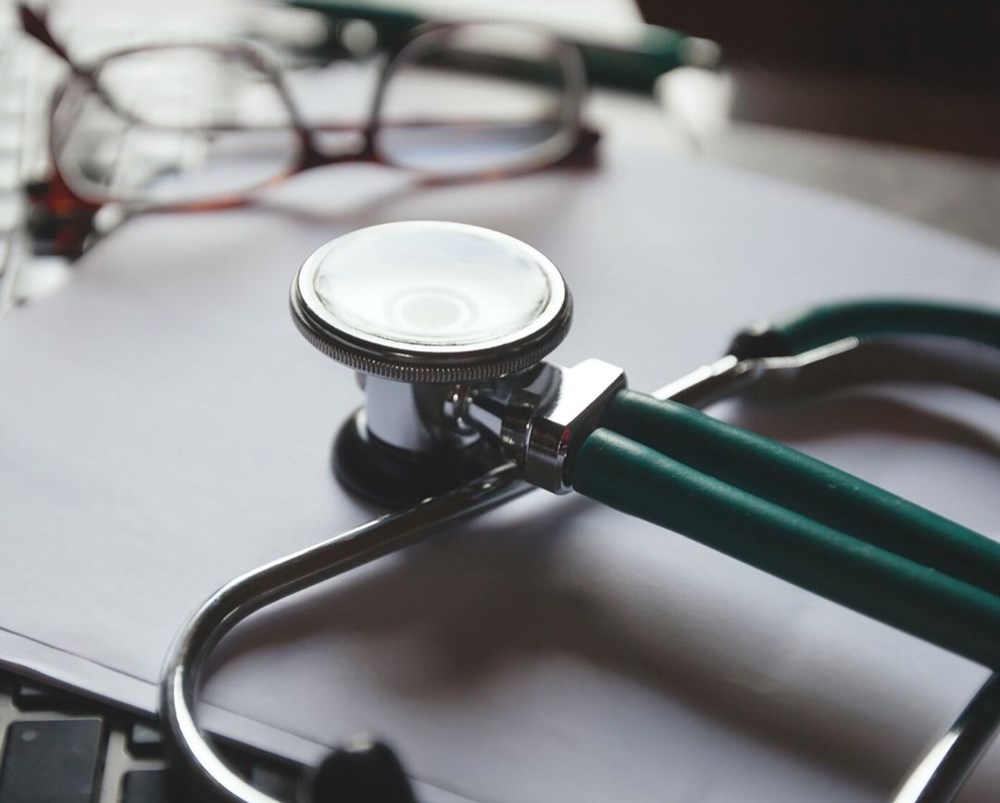
Key sectors in Arnhem, Nijmegen, Foodvalley
As they are so clearly defined, you will probably have encountered the key sectors of our area before on our website: Food, Health and Energy. These sectors are vital to the future of all humankind. The first steps have already been taken towards a future in which positive entrepreneurs take advantage of opportunities at the interface of Food, Health and Energy. The business climate is ideal, both for entrepreneurs in the key sectors as well as for those in the associated wider economy.

The Foodvalley region houses one of the leading research centres in the world in the field of agri-food and nutrition. Wageningen University & Research is the best in the world when it comes to agriculture and forestry (QS World Universities Ranking 2018). The University's Wageningen Food & Biobased Research is a contract research organisation that works together with companies, government authorities and other knowledge institutes. They cooperate within bilateral projects as well as public-private partnerships.

The Health Cluster consists of a strong combination of medicine and medical and high-tech technology. With 50,000 direct jobs, the industry is the largest in the WAN region and is therefore an essential link in the regional knowledge economy. Nijmegen is the cluster’s central hub with its academic hospital, rehabilitation clinic Maartenskliniek, companies such as Synthon and Rockstart, and the all-important Novio Tech Campus. The latter is a veritable breeding ground for great ideas, with the support to match those ideas. The campus is equipped with advanced laboratories (ML 1, 2, 3), flex labs, clean rooms, an equipment pool, and it has access to NXP’s European Diagnostics Centre as well as high-quality semi-grade operating supplies. Offices and meeting rooms provide the necessary support and services, as well as a modern meet & greet area for networking events. In close corporation with its Briskr partners, Novio Tech Campus offers entrepreneurs access to the expertise, facilities and (inter)national networks of companies and knowledge institutions.
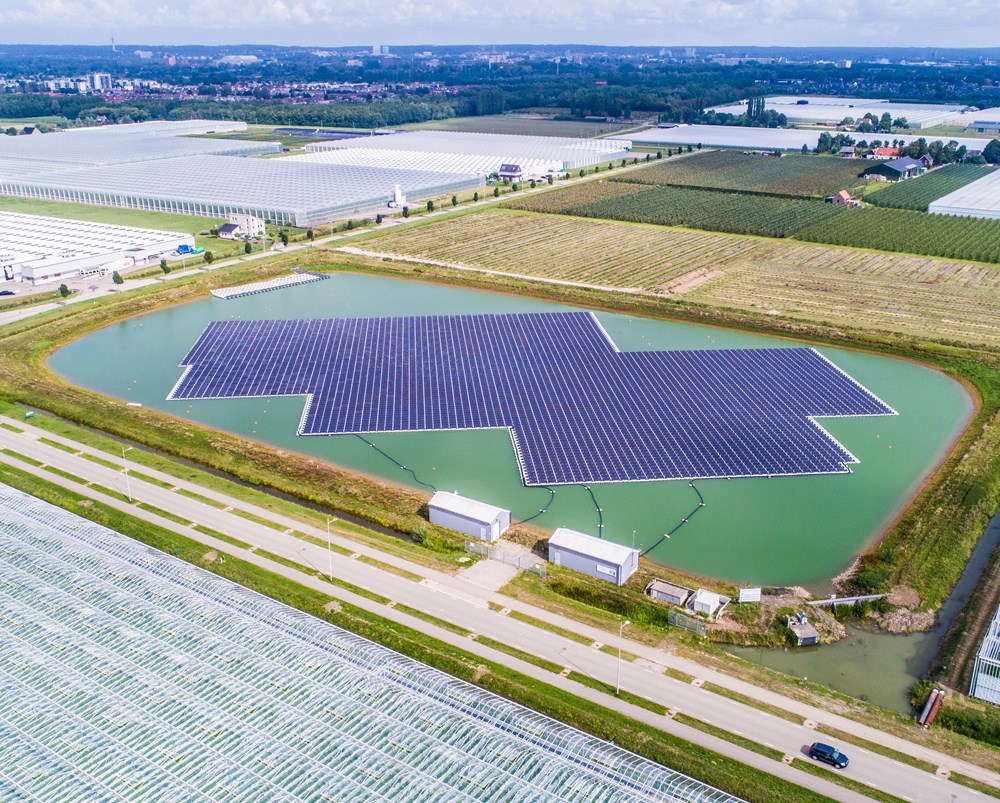
Innovations are centred around three Energy hotspots: Industrial Park Kleefse Waard (IPKW), Energy Business Park Arnhems Buiten and the campuses of the HAN and Van Hall Larenstein (VHL) Universities of Applied Sciences. Besides these three, an Energy University is being established, in which a connection is established between higher vocational training and academic education through subsidiaries of (technical) universities. Energy hotspots are also being developed outside of Arnhem: Nijmegen has the ENGIE site, Duiven is home to Synergy Park InnoFase and Lingewaard has NEXTgarden. Developments towards a bio-based economy are also in motion. Besides global players like DNV, there is a diverse range of SMEs with innovative products such as flexible solar cell film and (hydrogen-powered) electric power trains.
Arnhem is widely regarded as a hydrogen region, something that's underwritten and recognised in the Dutch report 'Waterstof: kansen voor de Nederlandse industrie' ('Hydrogen: Opportunities for Dutch Industry'), which was commissioned by the Netherlands Enterprise Agency (RVO) and Dutch Ministry of Economic Affairs and Climate (EZK).
The Energy and Environmental Technology Cluster is constantly building on the traditionally strong position held by Arnhem in the electric power industry. DNV, the network companies TenneT and Alliander and the trolleybus have carried this position through history. In 2019, our province of Gelderland is one of three European Entrepreneurial Regions of the year . It even won the award for most entrepreneurial region in the European Union. This is mainly thanks to the innovative solutions that are being developed in the region and are geared towards creating a 'green' economy: a smart and clean economy in which waste is the new resource of the future.
Another important player is networking organisation Kiemt. Kiemt is working towards a more sustainable future by bringing together companies and connecting with other networks in order to accelerate and support the energy transition. The organisation works closely with the Wageningen University & Research and HAN University of applied Sciences, as well as with partners in France and Germany. Kiemt doesn’t just want to achieve a sustainable energy market; it wants organisations to thrive while getting there.
The HAN University of Applied Sciences also plays a big part in conducting research that might move us towards a bio-based economy. It carries out applied research within the theme of Biodiscovery in collaboration with business partners and other research institutes. The resulting knowledge contributes to the bio-based economy. The research and facilities of the HAN BioCentre are accessible for professionals, lecturers, students, and businesses.
It's not only about business
Vincent Roes is the business development director for DEKRA. DEKRA specialises in product testing and certification and has been in action (under different names) since the 1920s. Their goal: to ensure safety on the road, at home and at work. They are also helping companies in the context of the energy transition, however, and were one of the founders of the Clean Mobility Centre. With 44,000 colleagues in 70 countries all around the world, DEKRA is very internationally minded, as expertise is what is required, and as Vincent puts it: ‘State-of-the-art knowledge is independent from nationality.’



